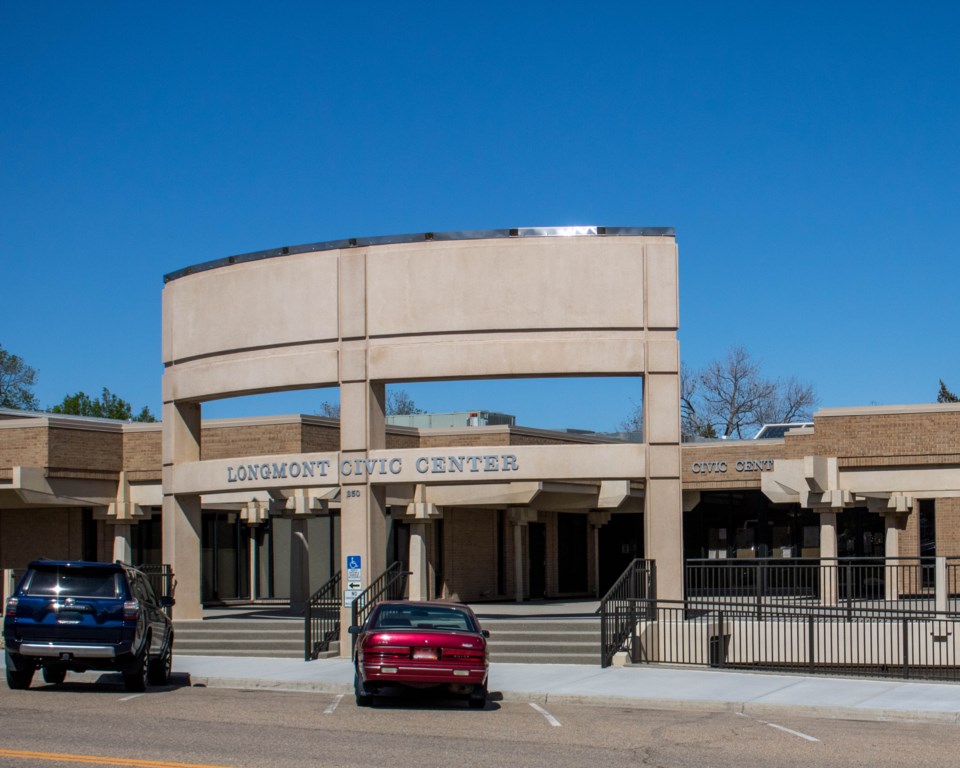The city of Longmont faces a $11.33 million shortfall in revenue this year, due mostly to the impacts dealt by COVID-19 and resulting shutdowns of local businesses and services, city council learned earlier this week.
The revenue plunge offers plenty of problems for officials putting together a workable budget for 2021, City Manager Harold Dominiguez said.
“This is probably the hardest budget we’ve ever had to deal with,” Dominguez said. “There is nothing about this that anyone knows anything about. This is not like a typical recession.”
The report given to council Tuesday night included updated projections of all revenue shortfalls and not just those directly related to the COVID-19 outbreak, City Finance Director Jim Golden said.
The largest revenue plunge is $5.88 million from reduced sales and use taxes, which is spread across five funds, Golden said.
The projections also show another $4.05 million of reduced revenue in the General Fund from recreation, investments and development, as well as fines and forfeits, utility disconnects, Union Reservoir fees, museum fees, and some smaller licenses and fees, Golden said.
A good chunk of the revenue drop is $2.85 million from recreation programs and services the city is unable to offer, he said.
Another $350,000 shortfall is in the Lodgers Tax Fund because business travel and overnight stays have been cut dramatically by COVID-19, Dominguez said.
Still, the $11.33 million shortfall comes in lower than the originally projected $18 million, Dominguez said. The city’s budget for the current fiscal year, adopted in October, is $353.9 million.
Staff members in April were able to find reserves and additional savings in several funds — including the General, Streets and Open Space funds, Golden said.
The city’s Golf Fund also experienced a revival after the courses opened up this spring, Dominguez said. The projected shortfall of $400,000 from May is now reduced to $130,000, he said.
Longmont has avoided furloughing or laying off employees because of the pandemic, which has not been the case in other nearby cities.
Boulder in April furloughed 737 employees, and in June announced it was laying off 56 employees, eliminating the positions of 68 temporary employees and leaving 103 vacant positions unfilled through year’s end. Elsewhere, in April Broomfield, Louisville and Loveland each furloughed more than 200 employees, and Greeley furloughed 85 employees and laid off 289 seasonal and temporary workers.


